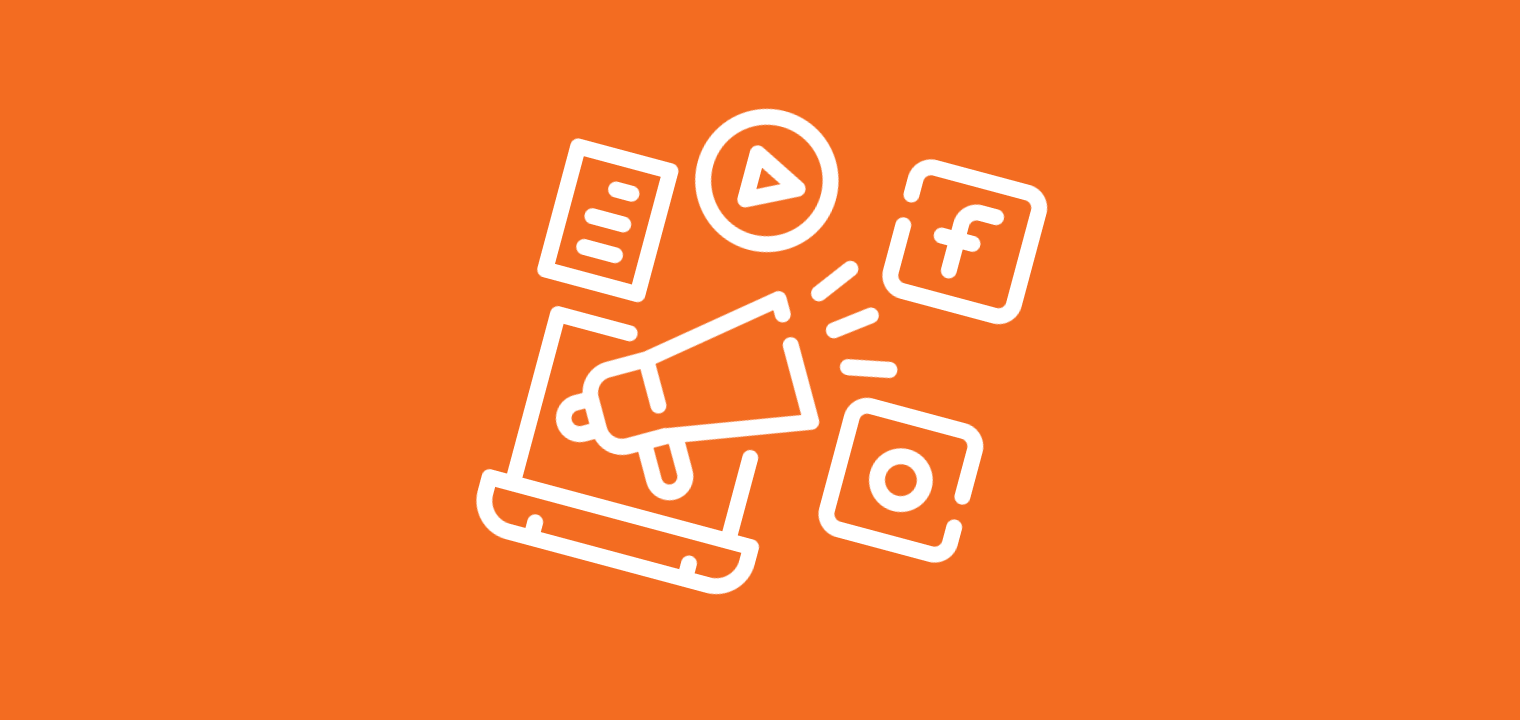
Broker mindfulness: how stepping back can boost your business
Added 23/07/20 -
3
min read
Over the past few years, mindfulness has taken the business world by storm. Across the globe, corporations and small businesses alike have begun to embrace mindful meditation as an important way to keep both individuals and organisations healthy and running smoothly.
Mindfulness is a meditative practice that encourages you to bring your awareness to the present moment and to let go of judgement. Although the apparent fervour for mindfulness feels recent, the practice is tied to Buddhist traditions and has been used in western psychology for decades.
Here are a few examples of how taking the time to step back and be mindful can help brokers in business:
Creativity
‘Without creativity, there would be no progress.’ - Edward de Bono
When you hear the word creativity, it might conjure images of paintbrushes, sketchbooks, and clay. However, creativity is necessary for all parts of life, even business.
Creativity is where curiosity meets problem-solving and is the building block of innovation. Businesses need creative thinkers in order to progress and move forward. Brokers, in particular, use their creativity while problem-solving for clients or for navigating the market.
Practising mindfulness can help to bring your creativity to the forefront and allow you to make more effective and innovative decisions. Regular mindfulness practice has been used for years to help increase confidence and a help reduce in anxiety and self-doubt.
It heightens creativity by helping you to look past the things that prevent you from trying untraditional solutions and enables a greater sense of clarity in decision making.
Focus
These days we could all use a little help focusing on the task at hand. With all manner of distraction at our fingertips, it can be easy to find ourselves unfocused and unproductive.
Mindfulness can help you cut through the noise and eliminate the things that don’t add value to your day.
In addition to helping you think more clearly, mindfulness has been known to increase the quality of sleep that you get and reduce anxiety. Both anxiety and poor sleep are frequently associated with the inability to think clearly. When you attend to those issues, you’ll likely find that your mind is sharper and you are more productive!
Communication
In Rasmus Hougaard’s book One Second Ahead, he talks about what mindfulness has given him: one extra second. This doesn’t sound like much, but when you consider communication, one second can make all the difference.
When you have that extra second to think ahead about a conversation, you can sort through both what is being said and your reaction to it before having to respond.
By having a moment to consider your reaction, you can ensure that you respond in a more measured and thoughtful way. Not only does this reduce workplace conflict and friction, but it also encourages more considered problem-solving.
Health
Although mindfulness is usually associated with mental health, it has a big impact on physical health too!
Mindfulness is a great way to reduce the anxiety that can be affecting your physical health. When you experience stress, your body releases the chemical cortisol to help you deal with it. However, ongoing and unresolved stress leads to your body producing cortisol at a much higher rate than it can handle.
Cortisol overloads your body, contributing to signs of ageing, digestion issues, hair loss or greying, weight gain, and a lowered immune system. By using mindfulness to reduce the amount of stress that you experience, you will be better able to cope with stressors that do appear. This means taking fewer sick days and experiencing less burnout.
The important thing to remember is that mindfulness is a habit and to really benefit from it, you need to make it a consistent part of your daily routine. There are many different ways to introduce mindfulness to your life.
How to start a mindfulness habit
Understanding the benefits of mindfulness is all well and good, but you need to know where to begin. These five tips can help you on your mindfulness journey:
Start with guided meditation.- You can use apps like headspace or even YouTube videos like this one here.
- There are also simple introductions like this one.
- Mindfulness doesn’t require equipment or movement, just a time for you to be calm and reflective. If you find that you have the most time in the mornings or during your lunch break, use that time for a short mindfulness break.
-
Any time that you are trying to introduce a new habit to your routine, it is important to also introduce accountability. Habit trackers (like this one) help you see how often you really are sticking to your new activity. They can be used for meditation, exercise, and anything else in-between!
-
If you are finding it difficult to make time in your day for separate meditation, practising eating mindfully can be a simple way to bring mindfulness into your day.
-
Many people, particularly those that are new to meditation, find that it is difficult to focus when sitting still. If you have that issue, mindful walking may be the solution for you.
And there you have it! Mindfulness is not just a trendy buzzword - it’s a meditative practice that can help you build a better sense of wellbeing, both personally and professionally.
Interested in more thoughts on how psychology can help your business? Listen to Neil Bage discuss decision making processes for brokers and your clients in #42 of the Growth Series podcasts now.
Get notified of new content
Related Content

GS Live with Heather Murray: AI for non-techies
by Jeremy Duncombe
Added 10/12/25 - min read

The Brokers’ Guide to All Things Marketing
by Jeremy Duncombe
Added 09/10/25 - min read

GS Conference with Nick Elston & Chris Targett
by Jeremy Duncombe
Added 24/07/25 - min read

Latest Blogs
.png)
2026 Mortgage Outlook: Regulation, Relationships and Real Opportunity
Added 08/01/26 - 3 min read
.png)
The UK Mortgage Market: A Year of Progress, Pause and Potential
Added 18/12/25 - 3 min read
.png)
Economics 101: A Calm Signal in a Noisy Market
Added 11/12/25 - 3 min read
Want to contribute to the Growth Library?
Get in touch with our Editorial Team here



